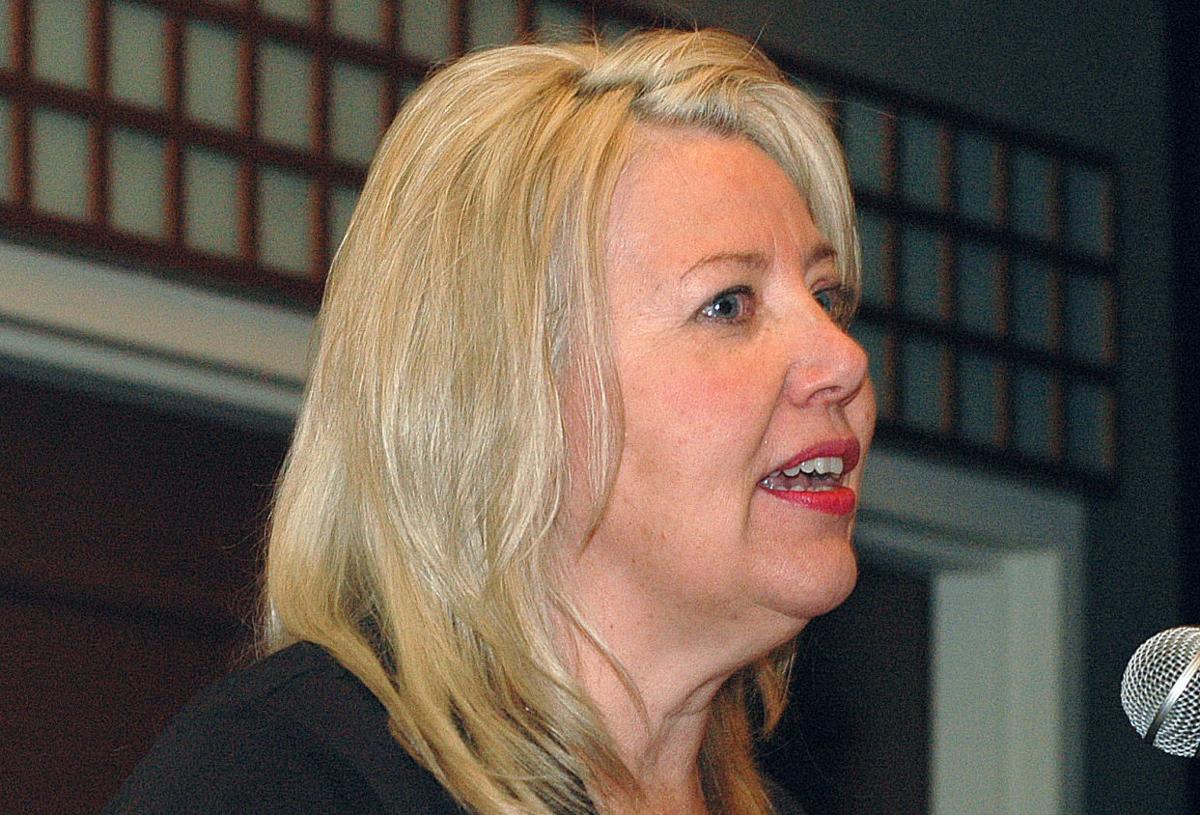Nearly a decade after Arizona voters outlawed “payday loans” the lending industry is trying to get its foot back in the door with a new type of high-interest consumer loan.
And they’re getting the help of Republican legislators.
Legislation approved by the Senate Appropriations Committee would legalize what proponents have dubbed a “Consumer Access Line of Credit.” These would provide for revolving loans of up to $2,500.
But the most significant provision of HB 2496 is it would permit lenders to charge what proponents call a “daily transaction fee” of 0.45 percent per day, a figure that computes to an annual percentage rate in excess of 164 percent. By contrast, state law caps interest on most other loans at just 36 percent a year.
The 6-4 vote along party lines in the Republican-controlled committee, sends the measure to the full Senate. The House has never considered the measure.
Sen. Debbie Lesko, R-Peoria, said the elimination of payday loans has left a need.
“There are people out there that don’t have good credit,” she said, making it difficult for them to get money in an emergency situation, like ensuring that the power doesn’t get turned off.
“They have no other options,” Lesko continued. “They don’t have family here that can lend them money.”
That’s also the assessment of Michael Kerr who lobbies for Enova International, one of the firms which wants to offer these loans in Arizona. He said about 850,000 Arizonans have a credit score of 599 or less on a scale of 300 to 850, keeping them from getting traditional loans at 36 percent interest or less.
“We think that that market is not being adequately served,” he told lawmakers.
But Tucson attorney Mary Judge Ryan said the actual language of the bill belies the contention by Lesko and others that this kind of loan is designed to help people with emergency situations. She pointed out that the actual measure itself says the lender “contemplates repeated noncommercial loans for personal, family or household purposes.”
Joshua Oehler of Children’s Action Alliance said this legislation would create a “debt trap” for people who would borrow the $2,500 maximum, continue to pay just the minimal amount and then borrow again as they paid down the loan.
And Ellen Katz with the William E. Morris Institute for Justice questioned whether there’s really a need. She said the state Department of Financial Institutions has 10 pages of firms willing to lend money to Arizonans under the current interest limits.
But Sen. John Kavanagh, R-Fountain Hills, said that ignores reality.
“These 36 percent loans don’t exist for people in these situations,” he said. “This is a lifeline.”
Not everyone who voted for the bill was happy with it.
Sen. Sylvia Allen, R-Snowflake, said she believes people should be able to make their own decisions and be responsible for their actions. She said that includes borrowing money.
But Allen noted testimony from industry lobbyists who said they offer these types of loans in other states for far less than that 164 percent they want to be able to charge here. Allen said she might oppose the measure when it reaches the full Senate unless that cap is reduced.
Katz also pointed out something else.
In 2008, by a 3-2 margin voters repealed an earlier exception to that 36 percent interest cap that allowed what were known formally as “deferred presentment” loans but came to be called “payday loans.” Fees for the typically two-week renewable loans amount to 450 percent annual interest.
The industry shut down in 2010.
There was another objection raised Tuesday by some to what Lesko proposed: the process.
Rather than introduce a bill at the beginning of session and have it go through the normal process, lenders got Lesko to graft the language onto an unrelated House-passed bill Tuesday dealing with homeowners associations. That’s not only more than two months since the legislature began it’s annual session but 72 days into what’s supposed to be a 100-day session.
It also means that the new version of measure, if it is approved by the Senate, will not get a hearing in a House committee. Lesko brushed aside those concerns.
“I think there’s going to be plenty of time for debate, especially since you’re reporting it,” she responded.





